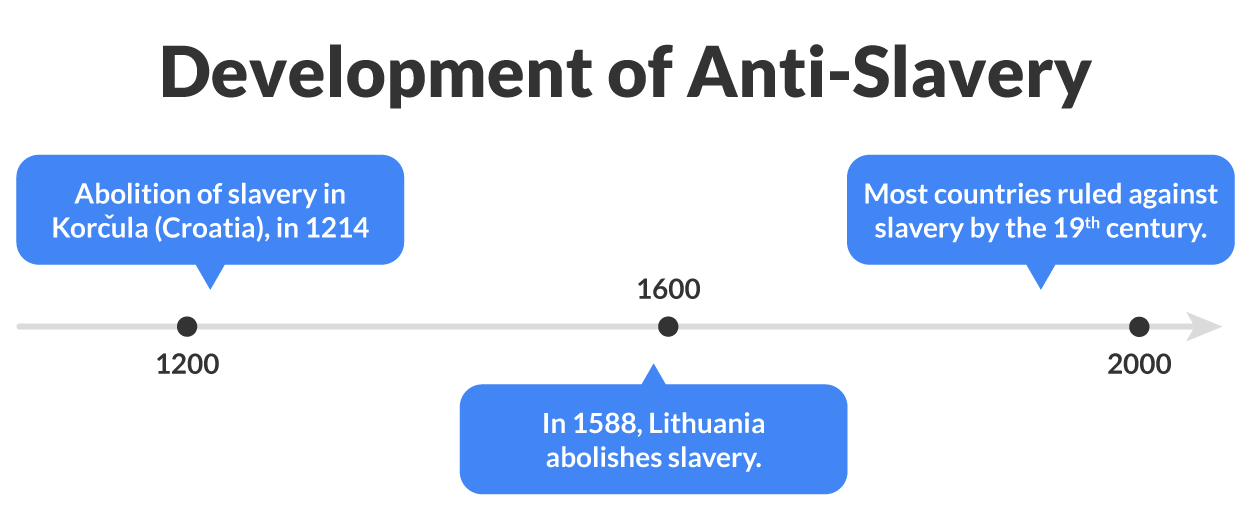Table of Contents |
In everyday conversation, we express opinions about lots of things.
EXAMPLE
You might ask a friend why she holds the opinion she does. Perhaps you aren’t convinced by her answer and ask “Why?” again, and so on.You cannot ask “why” all the time—at least not if you want to keep some friends. But this is a great way to find out if a claim to knowledge is really justified, or just a mere opinion. Thinking critically about claims to knowledge is thus often achieved by asking for reasons—that is, asking “Why?”
Once you get used to asking for reasons, you will be able to see how arguments are formed, namely by offering reasons for claims. This activity will also make you better at presenting your own arguments in an effective and orderly way.
How many times have you been debating with someone and one or both of you wanted to stick to your own view no matter what is said? If you disagree with each other here, it only tells us that you have different opinions, but doesn’t help us get to the truth of the matter.
EXAMPLE
If we both dogmatically insist that our own favorite philosopher is better, there would be no way that we could objectively weigh up the strengths or weakness of either philosopher.There are many things that can make us not see past our own views. Sometimes we feel like a criticism of our view is an attack on ourselves; this can make us defensive. But if we try to evaluate the reasons on their own merit, then bias will be less likely to direct the debate. Thus we could work through disagreements rationally.
Just like personal biases, there can be unquestioned customs or traditions in society. We can approach these critically as well, making society more rational as we uncover unreasonable ways of thinking and acting.
EXAMPLE
Copernicus challenged the view that the sun revolved around the earth, arguing that it was actually the earth that revolved around the sun. This was one of the greatest advancements in astronomy.Ethics is especially suited to philosophical inquiry since it often deals with truths that cannot be wholly determined empirically.
IN CONTEXT
If someone asked you “What is the good?”, where in the world would you find “the good”? It is not something you can pick up or put under a microscope. The best you could do empirically would be to point to something that you believe is an instance of the good, say someone giving to charity.
But there are many ways of being good, and giving to charity would only be one. What we wanted to know is what the good is, not one instance of it.
There are many other examples of ethical questions that need to be approached philosophically. For instance:
EXAMPLE
Imagine you are faced with the choice between buying a new car or paying for all your extended family to visit you at Christmas. Which should you choose?If you have no idea about what is morally better or worse, there is no way you can make an ethically informed decision. But if you have a broad framework for what we ought to do, then you are in a position to choose. For instance, if you thought we ought to act so there was the most happiness for the most people, then you would be able to decide: You would choose to pay for your family’s visit.
Philosophy is especially helpful for ethics because we tend to be more invested in ethical claims.
If we are defensive about our moral judgments, our debates can become less rational. Thinking critically about our own and others’ moral judgments is thus needed here. Thinking about why we hold certain ethical views will help to understand these views better.
Although we need to be critical, there must be some generally accepted ideas about right and wrong. Without this, our interactions with one another in society would become very difficult.
EXAMPLE
You would always be on alert if people did not generally think stealing was wrong.We take for granted many of the morals we live by. But this has not always been the case. Some morals are marginal at the beginning and only become widespread after political struggle.
EXAMPLE
Consider the development of anti-slavery, as shown in the timeline below:
As you can see, the rise to prominence of the moral idea that all people are equal did not happen overnight. Progress towards equality continues to this day. The United States in the 20th century, for instance, has been home to many developments.
EXAMPLE
Civil rights movements fought against segregation, gay rights activists fought against persecution and prejudice, and people are still fighting against racism today.